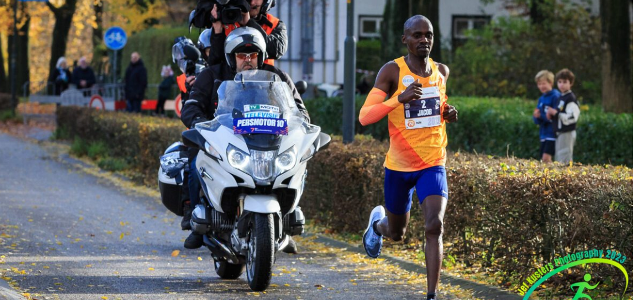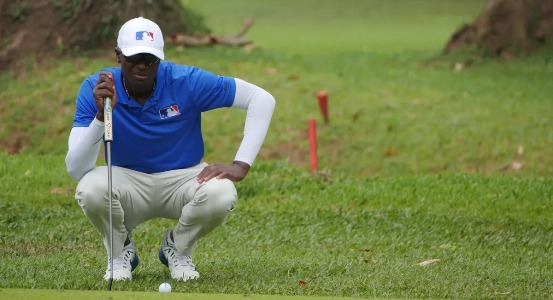Former French President Nicolas Sarkozy on Tuesday morning reported to La Santé Prison in Paris to begin serving a five-year sentence for criminal conspiracy , a moment marking the first time in modern French history that a former head of state has personally presented himself to begin a custodial sentence. Sarkozy, who led France from 2007 to 2012, was convicted in September for his alleged role in soliciting illegal campaign funds from the late Libyan leader Muammar Gaddafi during his 2007 presidential run.
The court found that Sarkozy had participated in a covert financing network that funneled millions of euros from Tripoli into his campaign coffers , a ruling that capped years of judicial scrutiny into his financial dealings and political network. The verdict underscored France’s judicial system’s growing resolve to hold its most powerful figures accountable, even at the cost of shaking the foundations of the nation’s political elite.
Accompanied by his wife, Carla Bruni-Sarkozy, the former president waved to crowds and cameras outside their Paris home before departing for prison. In a short statement posted to social media, Sarkozy maintained his innocence, calling the proceedings a “political injustice” and insisting that “history will restore the truth.” His lawyers confirmed they have filed an appeal and a request for conditional release, signaling that the legal battle surrounding the former leader is far from over.
This latest conviction adds to Sarkozy’s mounting legal troubles. He has now been found guilty in two separate corruption cases , including influence peddling and illegal campaign financing , and was stripped of France’s prestigious Legion of Honor, once bestowed upon him during his presidency. The cumulative effect of these rulings paints a sobering portrait of a man once hailed as the face of reform and modern conservatism in Europe.
Legal analysts note that Sarkozy’s imprisonment could redefine accountability standards for political leaders across Europe, setting a precedent for how allegations of international corruption are treated when they implicate sitting or former heads of state. As the former president begins his sentence behind the storied walls of La Santé, France confronts an uncomfortable reckoning with the intersection of power, money, an



